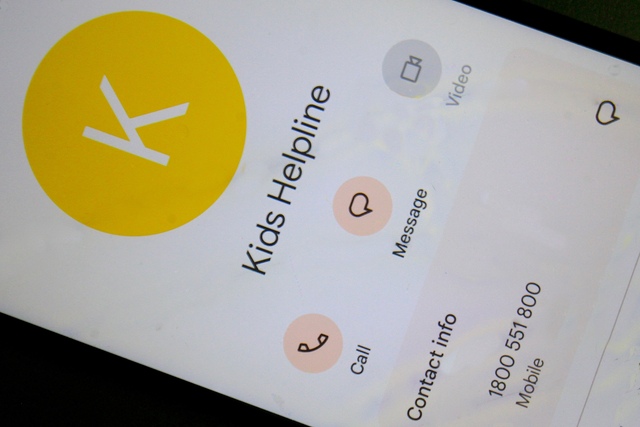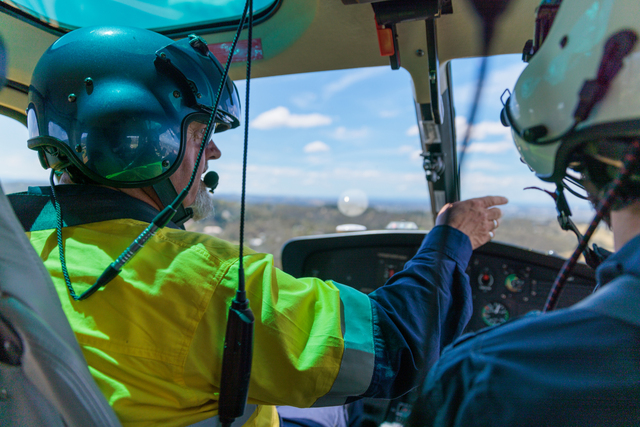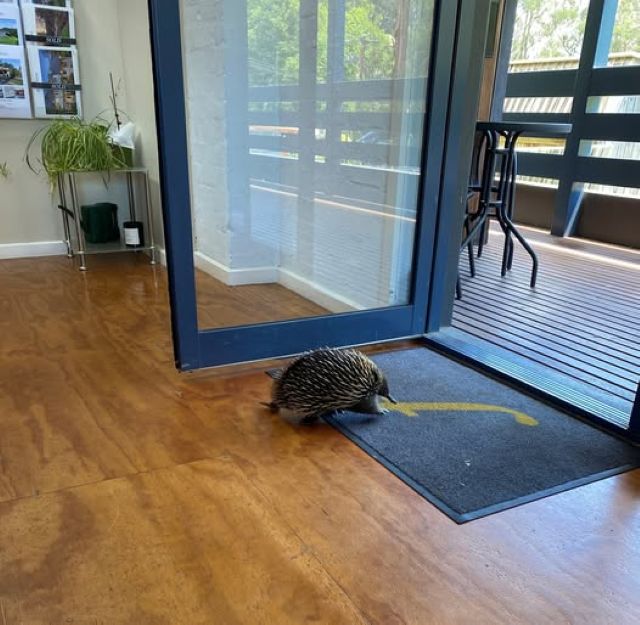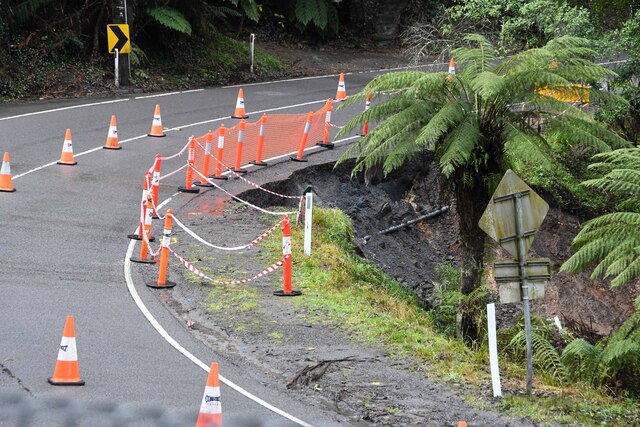Concerning data released by yourtown, the operator of Kids Helpline, has highlighted an increase in young Australians who express that they are victims of bullying are also experiencing suicidal thoughts.
Released as part of the Kids Helpline Impact Report 2024, the rise is most prevalent among children of late primary-school to early secondary-school age.
yourtown Virtual Service Manager Tony FitzGerald, who manages Kids Helpline, said over three and a half thousand Kids Helpline counselling sessions were directly related to bullying, a figure on its own has been relatively steady over a period of time.
“What has stood out for us is that we’ve noticed that one in seven contacts of kids aged 10 to 14 who sought support around that issue also reported current thoughts of suicide and those figures have increased,” he said.
“When we go back and have a look at the last five years and even the last 10 years, those figures have gone from one in 20 10 years ago to about one in seven now, so the prevalence of young people reaching out for support around bullying has remained relatively constant over the years but the severity and impact of this issue has become more and more acute clearly,
“It’s starting to impact children who are of a younger age as well and that’s a very deep concern for us.”
This figure worsens for 12-year-olds in particular, with as many as one in six kids of that age who contacted Kids Helpline and spoke to counsellors about bullying reporting current thoughts of suicide.
Mr FitzGerald said while the general online environment for our young people contains many, many positives, there are also harms online that are starting to increase and starting to exacerbate that impact of bullying on our young people.
“The way bullying occurs in the lives of our children and young people has evolved over the years, a long time ago it only occurred in the schoolyard and then we saw the advent of mobile phones and social media and we started to see the spread of that online,” he said.
“But what we’re now starting to see is the further prevalence of tools and online AI being used to further weaponise bullying in a way that is quite insidious, such as using AI to generate deepfakes, and using those tools has only made this issue evolve even further,”
“We can’t stand still in this space, we all have a responsibility, whether it’s services like Kids Helpline, whether it’s our education sector, or even whether it’s parents and carers of young people and young people themselves, we’ve got to stay on top of some of the advances in technology that are being used in a harmful way, just as we would stay on top of general harms for our young people in the broader community.”
A further 208,000 people also accessed bullying support content through the Kids Helpline website.
headspace operates mental health centres for young people across Australia, including two centres in Lilydale and Knox for young people in the Outer East and a spokesperson for headspace Lilydale and Knox said according to headspace’s national figures, rates for cyberbullying have been increasing since 2015.
“Bullying is a common concern for young people and it can take many different forms, people can experience a range of emotions; anger, stress, anxiety and a sense of isolation and it can impact on how you work and study, and on your friendships,” they said.
“There are different things that people can do, depending on the circumstances; we’d encourage anyone experiencing support to reach out to a trusted adult for support and to talk through their options,”
“Or, reach out to a school counsellor or your closest Headspace Centre.”
If young people want to talk to someone, they can call Kids Helpline on 1800 551 800, 24 hours a day, seven days a week or use WebChat or email services at kidshelpline.com.au.
Mr FitzGerald said it’s important that young people understand that if they are being bullied that they’re not alone, there are options for them and they should look to speak to a trusted adult or service.
“Early intervention is key and when we talk about early intervention we’re also talking about teaching our young people, our children, what a respectful relationship and what respectful behaviour looks like so that we’re trying to break that cycle of bullying and that also means role modelling that behaviour as adults as well,”
“It’s important that if a young person or a child has experienced bullying that we try and get them to the support that they need early before it escalates to a long-standing and highly impactful event on their mental health because we know that the impacts of bullying can be long-lasting and in some cases life-lasting.”







